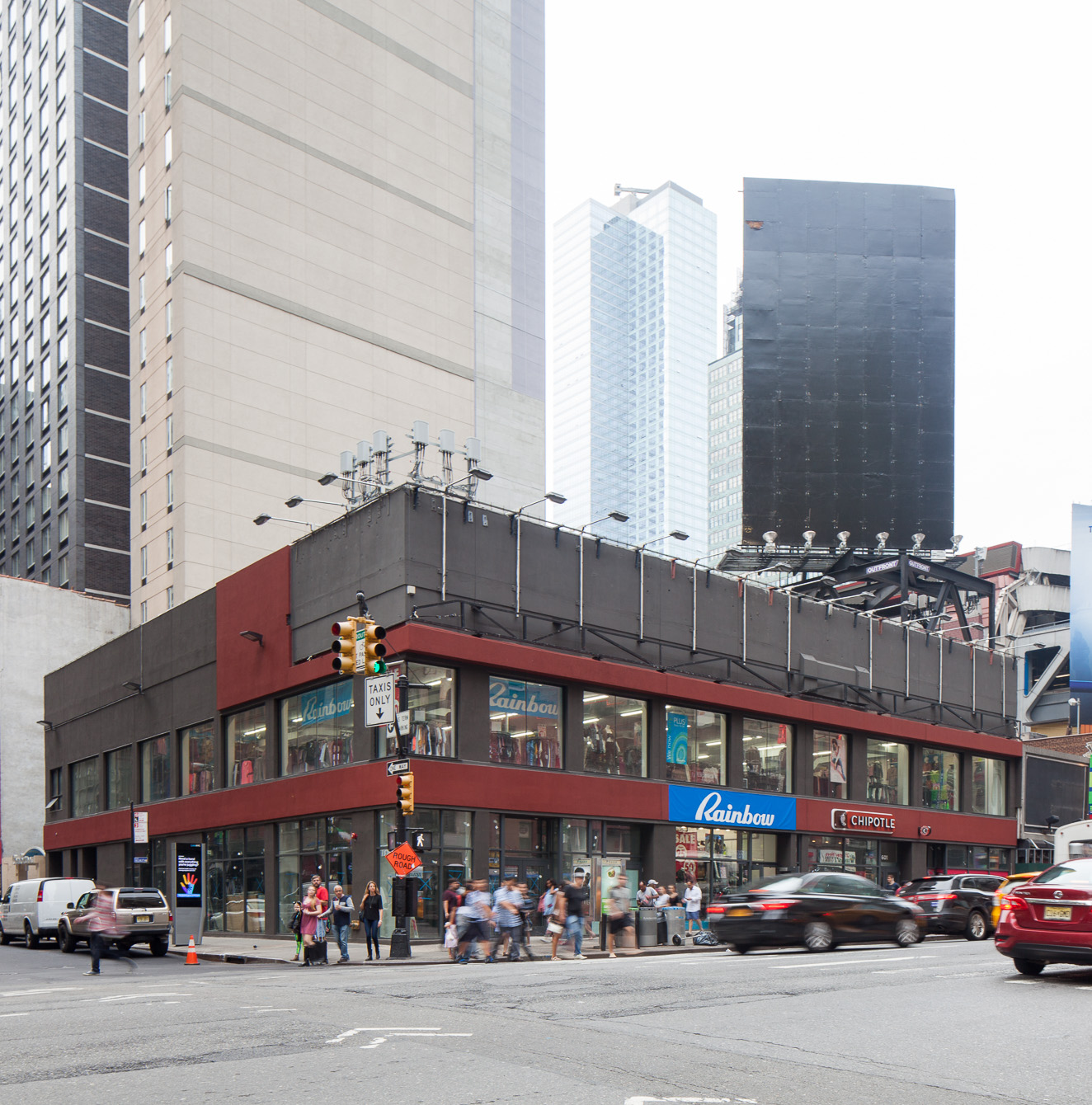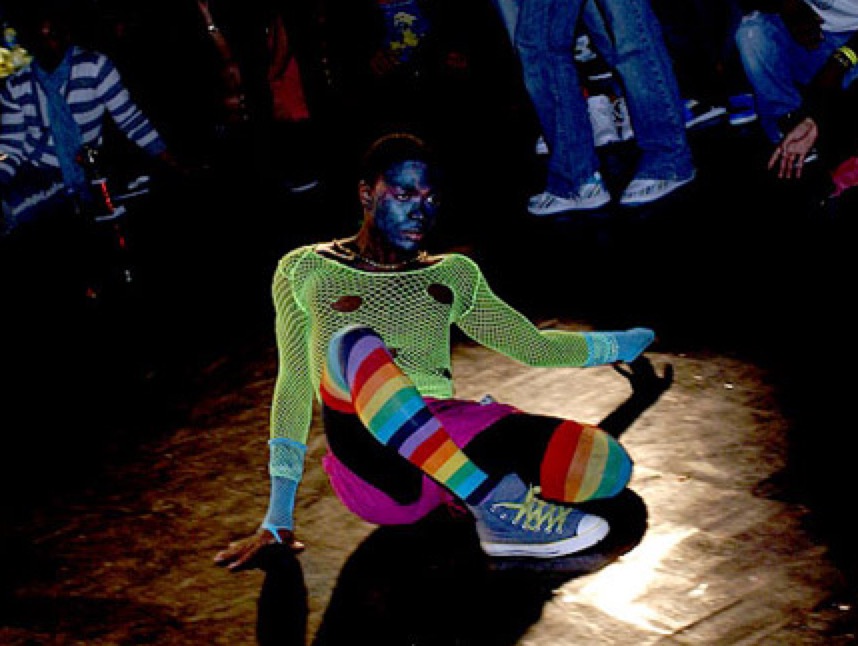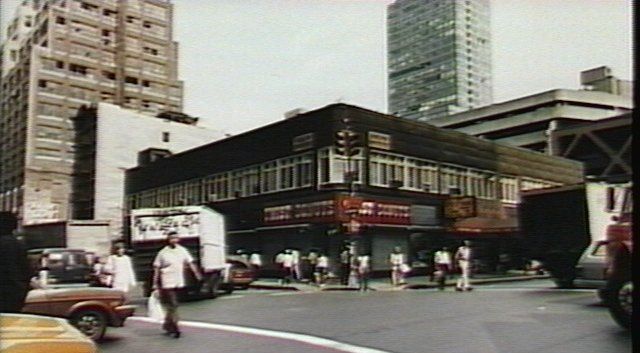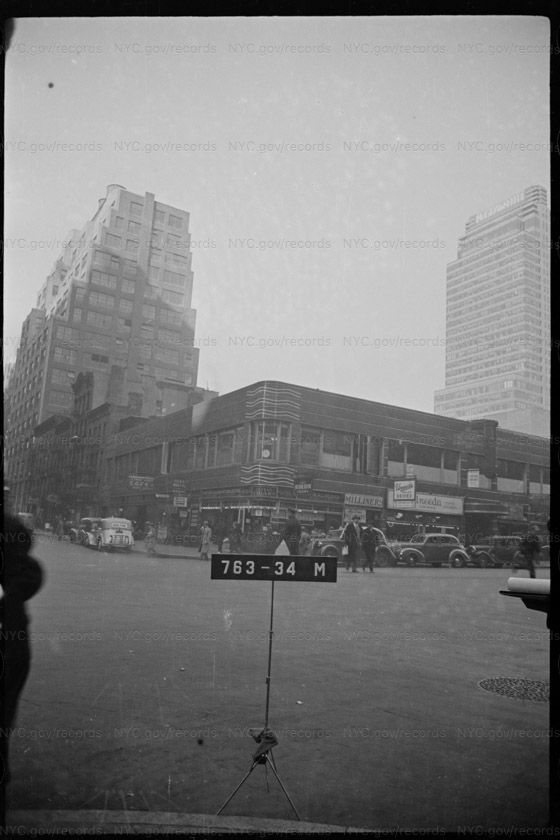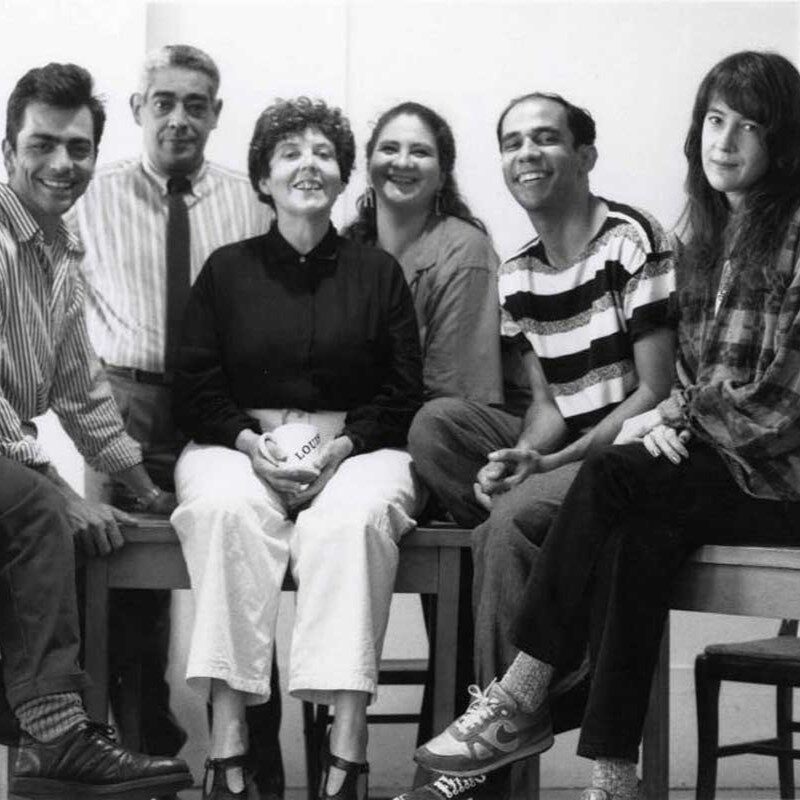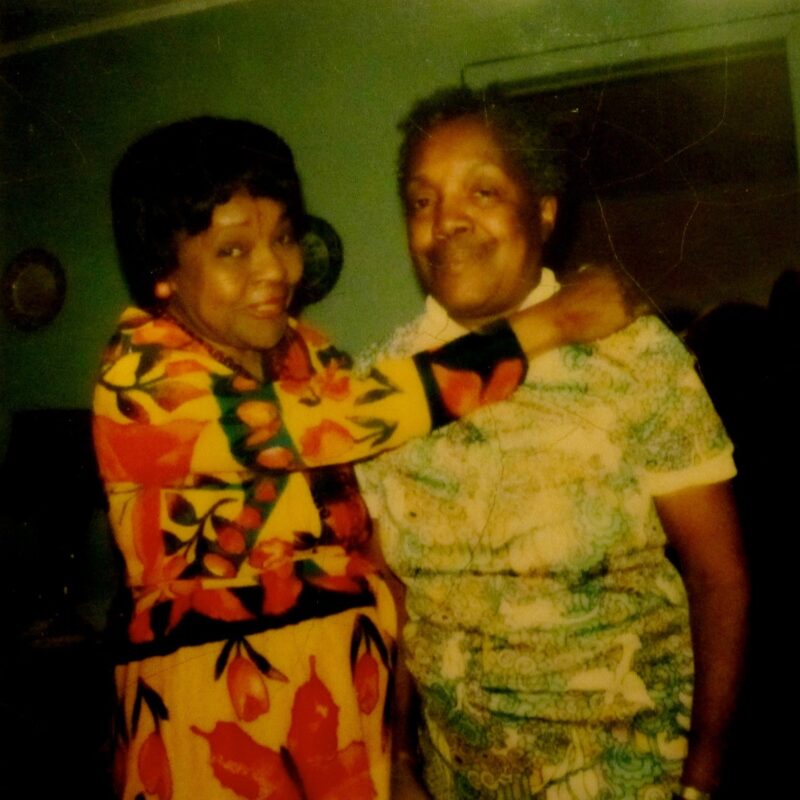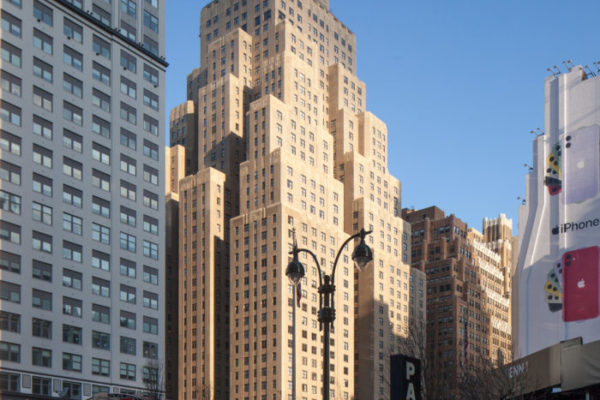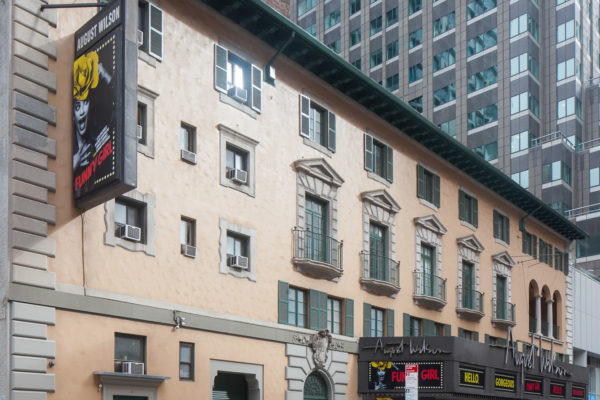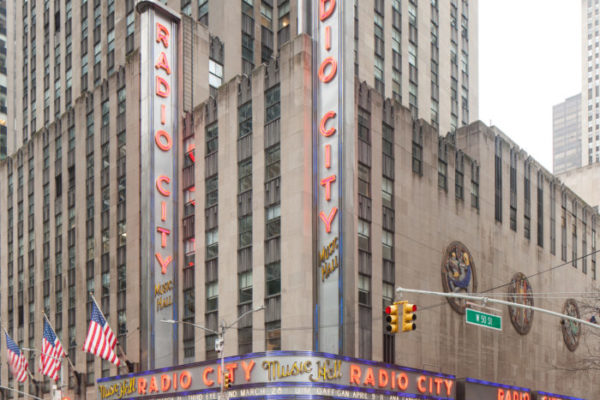overview
La Escuelita (the “Little School”), an LGBT nightclub known for its Latin House music, drag shows, and balls, opened c. 1970 and had several locations, all on the west side.
Before this location closed in 2016 due to ongoing troubles with the State Liquor Authority, La Escuelita was known as Manhattan’s number one LGBT Latin club and was a long-time gathering place for Latino and Black communities.
On the Map
VIEW The Full MapHistory
Following the Stonewall uprising of 1969, three members of New York’s gay Latino community became interested in opening a nightclub. Unable to obtain a liquor license, c. 1970, they first operated a social club on Broadway across from Lincoln Center. La Escuelita’s name derives from its location in the building’s basement below a language school, escuela in Spanish, coupled with the use of diminutives by Puerto Ricans when giving directions. Patrons told others the club was located under the “little language school.”
The club was closed by the police after a few years and moved further uptown to the Hotel Lucerne at 79th Street and Amsterdam Avenue. The owners acquired a liquor license, and it was here where La Escuelita’s now iconic drag shows began. The club lasted at the Hotel Lucerne for a year before moving to a location on West 48th Street for about six months.
In the late 1970s, La Escuelita moved to 607 Eighth Avenue in Hell’s Kitchen, near the Port Authority, in a downstairs space that was formerly a bowling alley. The building’s entrance, which originally faced Eighth Avenue, moved around the corner to 301 West 39th Street in 1996 following renovations. The West 39th Street location was also known as La Nueva Escuelita, or, the “New Little Language School.”
The club was unmarked and located down a flight of stairs. La Escuelita had low ceilings and was divided into a traditional bar area with café tables that framed the dance floor. Go-go boys performed on raised platforms. The music was a combination of Salsa, Merengue, Latin House, and Hip-Hop, and partner dancing was common.
La Escuelita was also known for its drag shows and competitions and, later, balls such as DJ MikeQ’s Vogue Knights parties. Michael Musto of the Village Voice argued that New York’s “best [drag queen] is Escuelita’s bodacious Angel Sheridan, an old-school diva who’s so vital and well-rehearsed she can even breathe life into Bette Midler’s version of Gypsy.” The line to enter the club often wrapped around the block. La Escuelita’s popularity stemmed from its blend of the typical practices of Latin American nightclubs with those of American gay bars. The clientele were primarily gay or bisexual Latino and Black men and trans women of color.
Throughout its history, La Escuelita was subject to surveillance by the police and the State Liquor Authority (SLA). Patrons noted it was common for police wagons to park outside the club. In 2012, the SLA declined to renew La Escuelita’s license due to two minor incidents that occurred the previous year. In response, the club’s owners filed papers in the New York County Supreme Court alleging the SLA was targeting LGBT minorities in an attempt to gentrify them out of the area.
As La Escuelita’s senior manager, Savyon Zabar, explained: “I also believe that we are no longer welcome on West 39th Street as minorities scare the mostly white tourists who patronize the newly built and expensive boutique hotels on the block… Minorities are no longer welcome on West 39th Street, as they do not fit into the gentrification plans of the city.”
At a hearing held on January 12, 2012, Justice Geoffrey Wright allowed La Escuelita to remain open, but harassment from the SLA continued. La Escuelita closed in 2016 after decades of serving as a refuge for LGBT people of color looking for a space outside the hotspots of mainstream LGBT nightlife in the city. A notice posted on the club’s website read simply: “It’s time to say goodbye for now.” La Escuelita’s owners looked to reopen at a location in Jackson Heights but were unsuccessful.
Entry by Jeffry Iovannone, project consultant (June 2022).
NOTE: Names above in bold indicate LGBT people.
Building Information
- Architect or Builder: Joseph J. Furman
- Year Built: 1934
Sources
Barbara Ross, “Drag-out court fight over liquor license at gay West Side club,” New York Daily News, January 4, 2012.
Dareh Gregorian, “Gay Club Escuelita in Fight with State Liquor Authority,” New York Post, January 5, 2012.
Fiona Buckland, Impossible Dance: Club Culture and Queer World-Making (Middletown, CT: Wesleyan University Press, 2002).
“Gay Bars & Clubs,” HX Magazine, March 9, 2007.
Jeremiah Moss, “Club Escuelita,” Jeremiah’s Vanishing New York, accessed May 22, 2022, bit.ly/3ztiTUq.
John Russell, “NYC Clubland 101,” HX Magazine, September 5, 2008.
John Russell, “Parties With a Boy Flavor,” Village Voice, June 18-24, 2008.
Kiki Mason, “All About Cliques,” New York Native, March 3, 1988.
“La Escuelita,” OUTgoing, accessed May 22, 2022, bit.ly/3Q91Lcy.
Manuel Guzmán, “‘Pa’ La Escuelita con Mucho Cuida’o y por la Orillita’: A Journey through the Contested Terrains of the Nation and Sexual Orientation,” in Puerto Rican Jam, ed. Frances Negrón-Muntaner and Ramón Grosfoguel (Minneapolis: University of Minnesota Press, 1997), 209-228.
Michael Musto, “Michael Musto’s New York,” Village Voice, October 5, 1999.
Stephen Amico, “Su Casa Es Mi Casa: Latin House, Sexuality, Place,” in Queering the Popular Pitch, ed. Sheila Whiteley and Jennifer Rycenga (New York: Routledge, 2006), 131-151.
Vogue Knights: A Short Documentary on Ball Culture in Hell’s Kitchen, accessed May 22, 2022, bit.ly/3O62uJs.
Do you have more information about this site?
This project is enriched by your participation! Do you have your own images of this site? Or a story to share? Would you like to suggest a different historic site?
